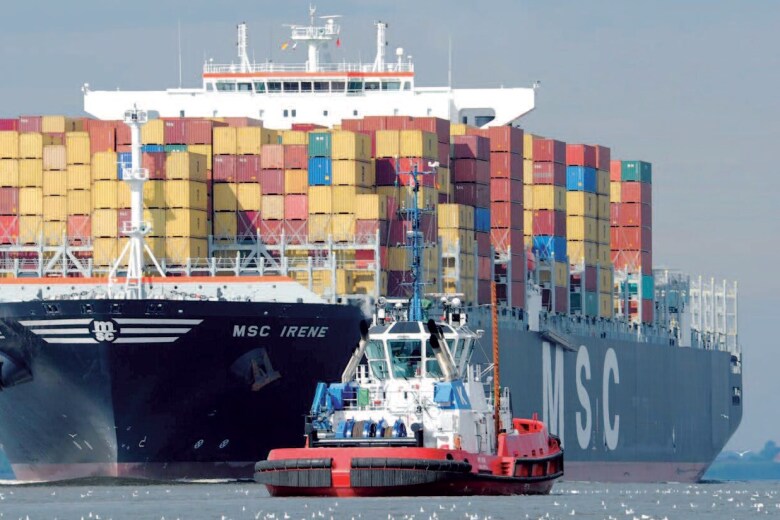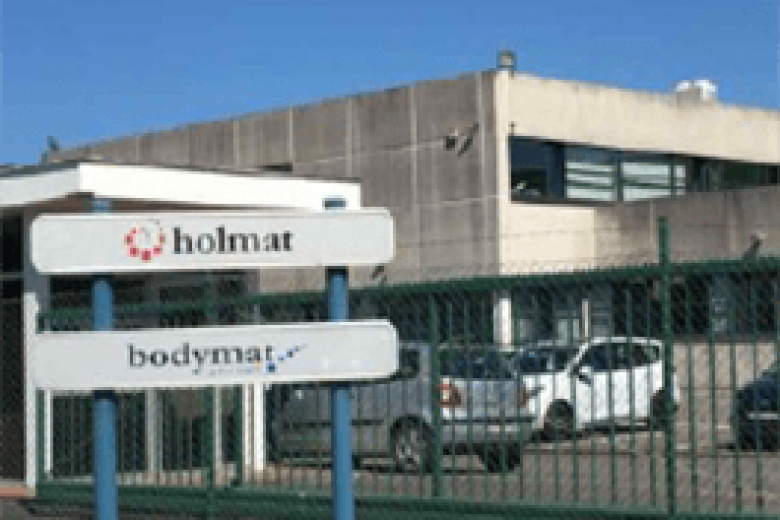
CUSTOMER: Eventsforce
CHALLENGE: Event planning application needed to satisfy customers’ widely varying usage patterns.
OUTCOME: Using InterSystems database technology and providing software as a service (SaaS) in the cloud, Eventsforce created an application that scales up — and down — as needed.
Event planning may be the poster child for applications that have widely fluctuating usage patterns. “For most organizations, event planning is a sporadic and cyclical activity,” says George Sirius, CEO of Eventsforce, a leading provider of event planning and management software. “A customer may use our application heavily for the months leading up to an event, but once the event is over and the evaluations are done, usage drops to almost nothing — until the next time.”
Such fluctuating demand is why Eventsforce decided, right from their founding, to employ a software-as-a-service (SaaS) business model. “It’s more cost-effective for our customers to only pay for what they use,” Sirius explains. “By the same token, it’s more cost effective for us to meet our customers’ varying needs by deploying our application in the cloud.”
The application, also called Eventsforce, is a modular, highly customizable solution that provides companies with end-to-end event planning and management capabilities. It takes care of every aspect of the event life cycle, from planning marketing and registration, to post-event analysis and reporting. “One of our unique selling points is that all the Eventsforce modules that a customer uses share a common data repository. Data is key, so we were very careful about our choice of database technology,” Sirius says.
Innovation and Partnership
Eventsforce chose InterSystems Caché® because of its superior speed and scalability, its ability to handle complex data, and InterSystems dedication to innovation. “Our process is one of constantly improving our product with new technologies and capabilities,” says Sirius, “and InterSystems has been with us every step of the way. The partnership has been fantastic. Thanks to our history of mutual innovation, you could say that Eventsforce was cloud-enabled even before the cloud existed.” Eventsforce uses a hybrid model, deploying on public clouds but retaining critical data in on-premise servers.
Hosting Within the Cloud Proves to be Cost-Effective
According to Sirius, scalability and elasticity are the main benefits of deploying in the cloud. “Each of our customers only uses Eventsforce when they have an event to run. And the size of events varies, so usage patterns can fluctuate widely. By deploying in the cloud, we can automatically add or delete instances of Eventsforce to meet demand. We never have to worry about having enough resources to provide excellent performance to all our customers, even during periods of peak usage. On the other hand, when there aren’t very many events going on, we only have to pay for the resources we use. That helps us control our operating costs.”
Upgrades are Easy
“Rapid deployment of upgrades is another benefit,” Sirius says. “We don’t have software installed at client sites. When we need to customize a customer’s service, we just pop up a new instance of Eventsforce that includes the changes, test it, then point the customer to the new version.”




























